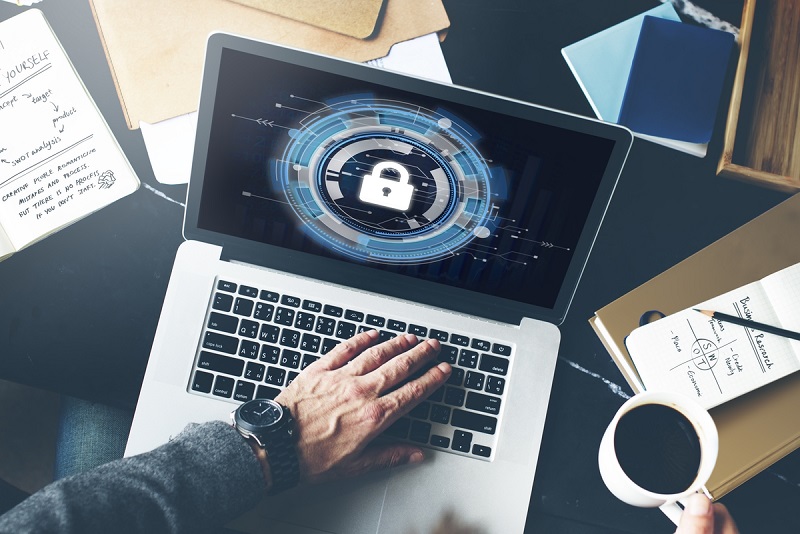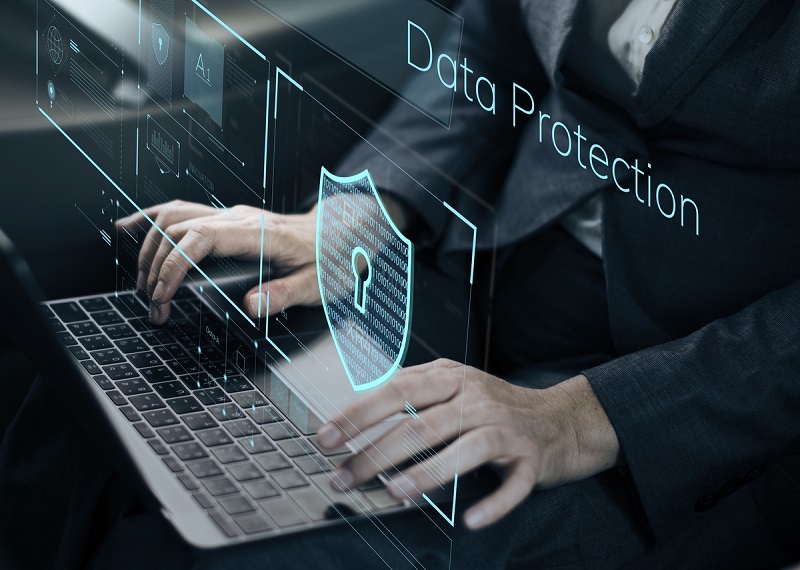6 Important IT Security Tips for Small Business Owners

In this day and age, it is safe to say that all business owners are aware of various security threats lurking in the virtual realm. What most of us, however, are unable to realize is the extent of these cyber hazards. The recent surveys indicate that, back in 2018, as much as 90% of financial institutions have reported being attacked by malware while 18 million websites are infected with malware each week.
So, we can see that the threat is very real and more than present. Even more so, the question is really not whether your company will have to deal with these menaces but when and how. The first question is impossible to answer – let’s see what we can do about the second one.
Set up and enforce detailed security policies
Any kind of successful action starts with a good plan. In the case of your future cybersecurity measures, that plan would consist of detailed security policies that will outline to your staff protocols about the handling of sensitive data, responsible behaviors on the internet, signs that may be pointing out to various security threats, disaster recovery procedures, and similar. If you don’t manage to set up these solid foundations, all the measures we will suggest in the following passages as well as investments in security tools will amount to very little.

Perform an IT security audit
This move will quickly expose eventual cybersecurity vulnerabilities your company might be suffering from and point out the moves you should take to address these discrepancies. Of course, to perform a thorough IT security audit you will need professional help so be prepared to open the doors of our company to a third party. Fortunately, these tasks are well within the job description of an IT consulting company, so you shouldn’t have a problem finding trained professionals for this responsible task.
Regularly update your tools and IT systems
The point of updates is not only to make your IT systems and startup tools run faster – these latest software packages will also make your equipment much more capable of dealing with the latest IT security threats. Cyber-attacks and malware software are constantly evolving, and if you postpone these updates for even a day, you are leaving your IT infrastructure open to hacking, poaching, malware, and all other forms of cyber assaults. So, be sure to make updates an essential part of your company’s daily agenda.
Provide appropriate training to your employees
So, some IT security issues will inevitably demand professional help. That doesn’t mean you shouldn’t push the limits of what your employees are able to perform as far as you can. According to research published by Cybint, as much as 95% of cybersecurity breaches are caused by human error. That is why it is of great importance to educate your workers about the perils of phishing, keeping their mailboxes and passwords safe, avoiding suspicious links, and performing basic security updates and audits.
Use professional data and cloud protection services

While you are performing all these tasks, you need to be aware that your personal expertise will only get you so far before you are forced to ask for professional IT security services. To put it simply, operating in a complex cloud environment where data can be accessed virtually anywhere and navigating legislation, privacy laws, and security funding requirements are usually beyond the scope of a regular SMB IT maintenance team. So, it is always a good idea to deal with these problems by hiring experienced help.
Prepare incident response and disaster recovery plans
Last but not least, we have to point out that sometimes, in spite of your best efforts, there is a chance your IT infrastructure will be exposed to high-level cyber-attacks and even be brought down by some of these breaches. In situations like these, the best thing you can do is to provide your employees with a detailed set of procedures addressing how they should respond to these virtual attacks and behave if critical company systems are knocked out of function. Of course, all important assets should be backed up in some remote, secure location.
In conclusion
We hope these few suggestions will help you devise a detailed strategy that will keep your digital assets and IT infrastructure well-protected in years to come. Although we like to disregard major cyber-attacks as someone that happens to “big companies” the harsh reality is that no business, regardless of scope or scale is protected from this modern plague. Because of that, you should do everything in your power to keep your company as safe as it gets. Now, you know where to start.